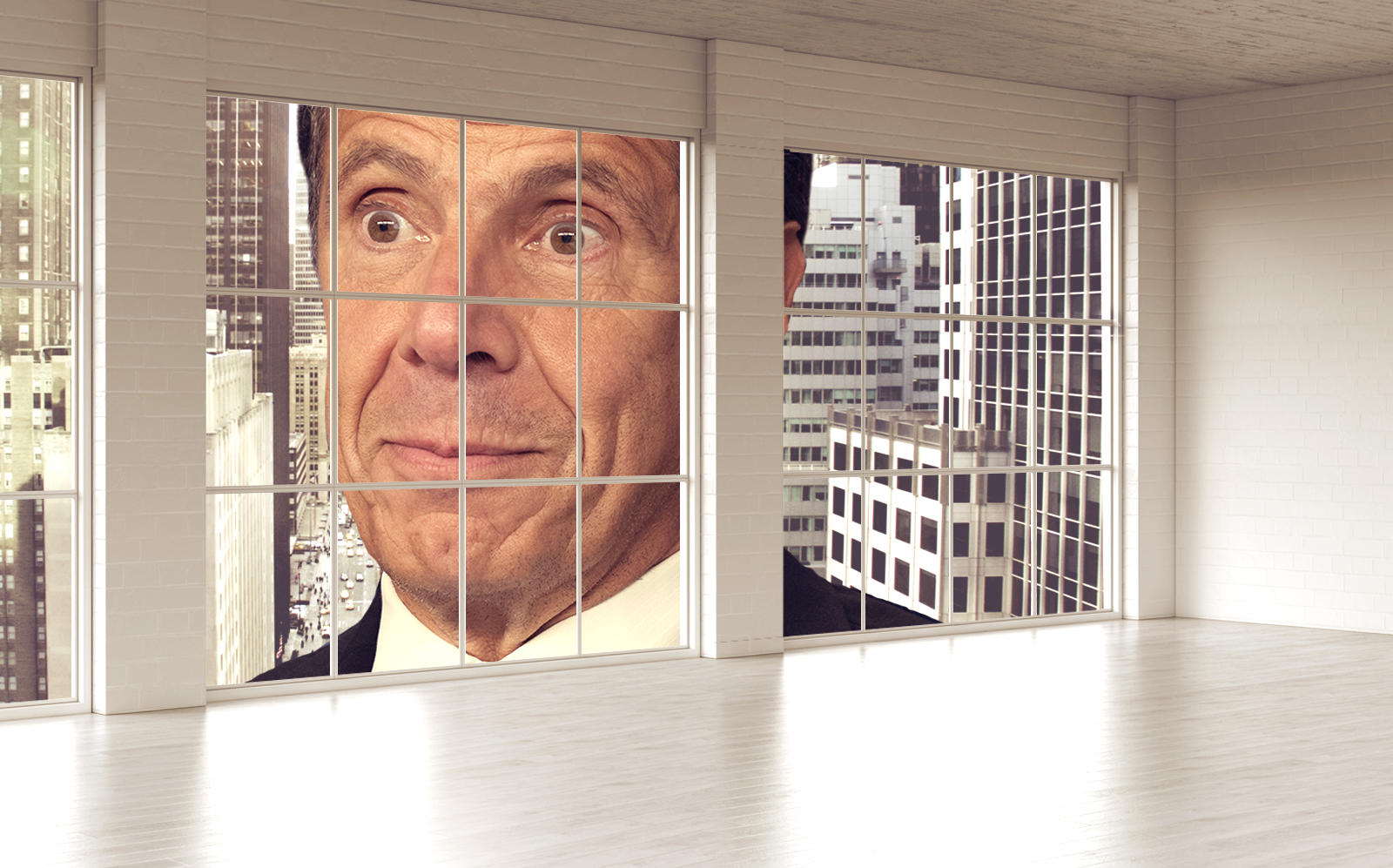Trending
Cuomo pushes for commercial-to-resi conversions
Governor seconds REBNY’s idea, but offers no funding; optimistic on SALT deductions

Gov. Andrew Cuomo on Monday called for the conversion of vacant commercial space into affordable and supportive housing.
During his 11th State of the State address, Cuomo cited the spike in empty commercial space as an opportunity to add dwellings. Such a proposal has already been promoted by the real estate industry: Last month the Real Estate Board of New York identified 210 million square feet of class B and C office space citywide that could be converted.
“Take the negative, make it a positive,” Cuomo said.
It isn’t yet clear how many commercial landlords would be willing to change the use of their properties. Such conversions would come with major logistical challenges, including light and air requirements for residential units. The governor subsequently announced that he would propose legislation to create a five-year period during which property owners can convert office buildings and hotels in the Manhattan central business district to residential use.
The governor made no mention of state financial assistance for such conversions, which tend to be so costly as to be uneconomical.
Deploying various military analogies, Cuomo gave an overview of his plans to continue tackling the Covid-19 crisis.
“Covid fatigue is not an option until Covid itself is fatigued,” he said. “If we tire before the enemy tires, we lose the war.”
He said that the state can’t remain closed until everyone is vaccinated, but that it would increase economic activity, including reopening restaurants, “using science.” Indoor dining is still prohibited in New York City and at reduced capacity elsewhere, and Cuomo noted that regions would need to shut back down if hospitals were overwhelmed with cases.
In lawsuits and press releases, restaurant owners have said science does not justify Cuomo’s restrictions.
Turning to federal issues, the governor said Washington has “savaged” New York over the past four years. With a new president and Democrat-controlled Congress, Cuomo said he is hopeful that state and local tax deductions, which the Trump administration capped at $10,000 in 2017, would be restored.
“Washington raised our taxes to benefit other states,” he said, lamenting that those states then tried to lure New Yorkers based on their lower tax rates. “The infuriating irony is that New York subsidizes those other states’ lower rates.”
To clarify: Many New Yorkers’ taxes were lowered by the 2017 overhaul, but rates were effectively lowered more in low-tax states, increasing their advantage over the blue states that send more money to Washington than they get back.
Still, Cuomo said if the federal government doesn’t help New York address its $15 billion deficit, painful steps will need to be taken. He floated the prospect of raising taxes on all earners who make more than $1 million a year, which by his calculation would “only raise $1.5 billion.” Even with that and a freeze on labor contracts with public employees, extensive cuts would be needed, he said.
Leading up to Monday’s address, which took place in the state Capitol’s “War Room,” Cuomo announced a number of other proposals, including an extension of the High Line that would connect to the newly opened Moynihan Train Hall.
Cuomo also pledged to propose legislation to extend the commercial eviction moratorium through May 1, as well the ban on fees for late residential rent payments. He indicated that he will lay out certain plans in depth at three future briefings.




